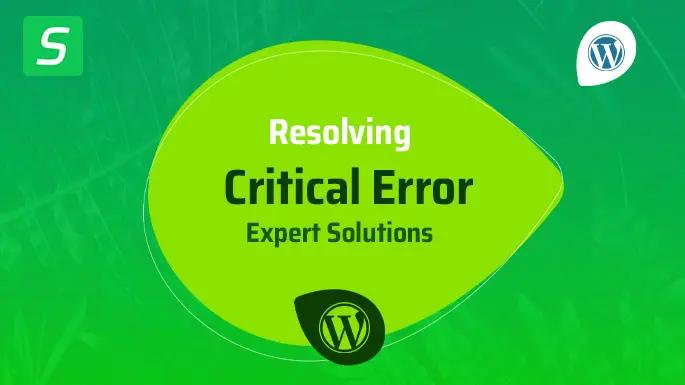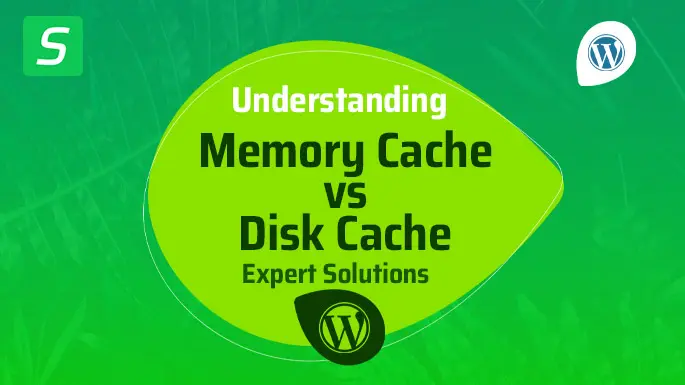In the realm of website management, WordPress stands as a titan, empowering millions with its user-friendly interface and extensive customization options. However, even the sturdiest of platforms are susceptible to hiccups. Site crashes, whether due to technical glitches, malicious attacks, or human error, can send chills down the spine of any website owner. But fear not! This comprehensive guide is here to equip you with the essential knowledge and tools to recover from such disasters and get your WordPress site back on its feet.
Understanding Site Crashes and Their Causes
Before delving into the recovery process, it’s crucial to grasp the various reasons behind site crashes. From plugin conflicts and theme issues to server overloads or hacking attempts, a myriad of factors can trigger the dreaded ‘site unavailable’ message. Understanding these root causes is the first step toward implementing a robust disaster recovery plan.
Preparing for the Worst: Creating a Backup Strategy
The backbone of any disaster recovery plan is a reliable backup system. Utilizing WordPress plugins or your hosting provider’s tools, regular backups should be performed to ensure the preservation of your site’s data and content. We’ll explore the best practices for creating and storing backups, along with strategies to automate this critical process.
Steps to Recover Your WordPress Site Post-Crash
When disaster strikes and your site becomes inaccessible, panic can set in. However, having a systematic approach in place can alleviate stress and expedite the recovery process. From accessing your site via FTP to utilizing emergency recovery plugins, we’ll walk you through step-by-step procedures to regain control and restore your site’s functionality.
Preventive Measures: Securing Your WordPress Site
An ounce of prevention is worth a pound of cure. To fortify your WordPress site against potential disasters, implementing security measures is paramount. We’ll explore essential security plugins, password management best practices, and methods to stay vigilant against cyber threats.
Testing and Fine-Tuning Your Recovery Plan
Creating a disaster recovery plan is just the beginning. Regular testing and refinement are necessary to ensure its effectiveness. We’ll discuss how to conduct simulated site crashes, assess the recovery process, and make necessary adjustments to enhance your plan’s efficiency.
Table: Essential Plugins for WordPress Disaster Recovery
| Plugin Name | Functionality |
|---|---|
| UpdraftPlus | Automated backups and restoration |
| BackupBuddy | Full-site backups and migration |
| VaultPress | Real-time backup and security scanning |
| WP Reset | Site resetting and recovery |
| Sucuri Security | Website security and malware removal |
Quick Answer: How to Recover a WordPress Site After a Crash
To recover your WordPress site after a crash, access your hosting account via FTP, deactivate plugins, switch to a default theme, restore from a backup, and use recovery plugins if necessary. If all else fails, seek professional assistance from WordPress experts.
FAQs:
- Can a site crash cause data loss? Yes, a crash can result in data loss if proper backups aren’t in place.
- How often should I back up my WordPress site? Regular backups, preferably daily or weekly, are recommended.
- Can I recover my site without a backup? It’s challenging but not impossible. Seek professional help for complex recoveries.
- What should I do if my site crashes after a plugin update? Access your site via FTP, deactivate the problematic plugin, and restore from a backup.
- Is it advisable to rely solely on hosting backups? It’s safer to have multiple backups, including off-site or cloud-based storage.
- How can I prevent future site crashes? Regularly update plugins and themes, use reputable hosting, and implement robust security measures.
- Are free backup plugins reliable? While some free plugins are reliable, paid options often offer more features and support.
- Can I recover my site from a hacked state? Yes, but it may require a thorough cleanup and restoration process.
- Should I inform my hosting provider after a site crash? It’s advisable to inform them, especially if the crash is due to server-related issues.
- How long does it take to recover a WordPress site? Recovery time varies based on the issue’s complexity; it can range from hours to days.
Conclusion
Recovering from a WordPress site crash might feel like navigating through a maze, but armed with the right knowledge and tools, it’s entirely manageable. Remember, a proactive approach with backups, robust security measures, and a well-tested recovery plan is your best defense against potential disasters. Stay vigilant, keep your backups updated, and you’ll be well-prepared to bounce back swiftly in the event of a site crash.
Disasters might strike, but a well-prepared WordPress site owner can weather any storm.





